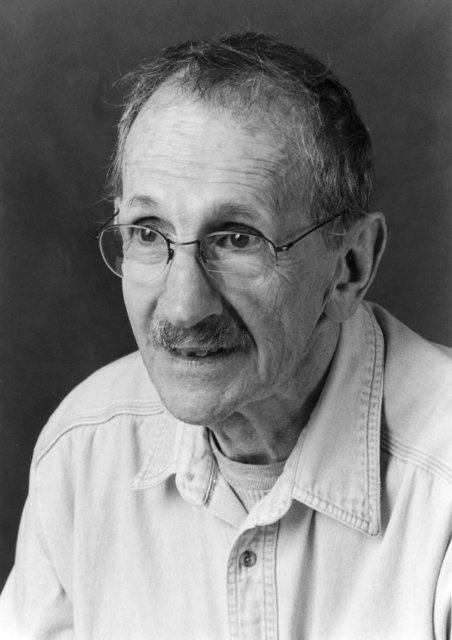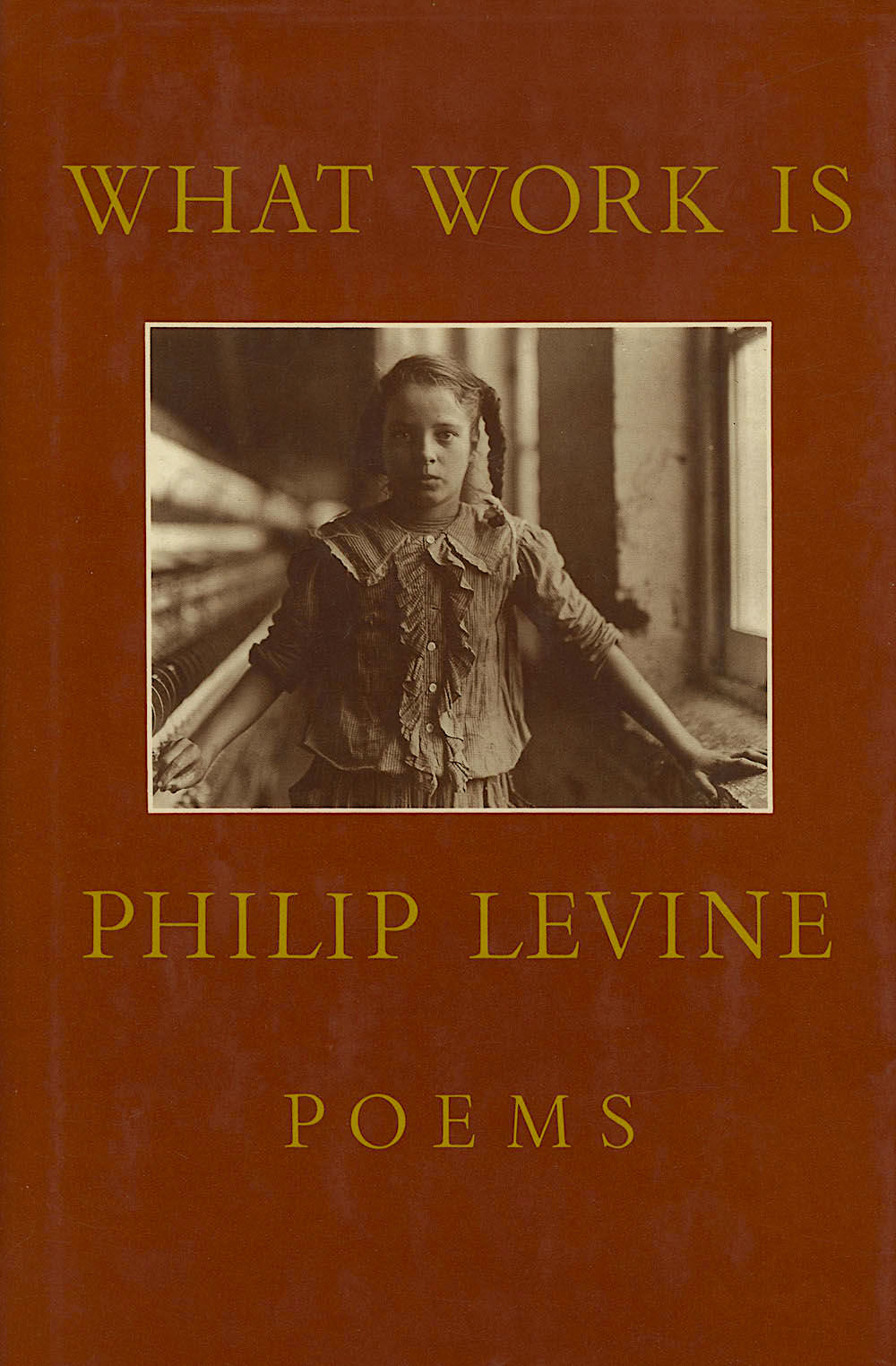I’m the man who gets off the busat the bare junction of nothingwith nothing, and then heads backto where we’ve been as thoughthe future were stashed somewherein that tangle of events we call“Where I come from.” Where Icame from the fences ran rightdown to the road, and the lone womanleaning back on her front porch as shequietly smoked asked me what didI want. Confused as always, Ianswered, “Water,” and she came to mewith a frosted bottle and a cup,shook my hand, and said, “Good luck.”That was forty years ago, you say,when anything was possible. No,it was yesterday, the gray iceboxsat on the front porch, the cropwas tobacco and not yet in, youcould hear it sighing out back.The rocker gradually slowed asshe came toward me but neverstopped and the two of us went onliving in time. One of her eyeshad a pale cast and looked nowhereor into the future where withoutregrets she would give up the powerto grant life, and I would darkenlike wood left in the rain and thenfade into only a hint of the grain.I went higher up the mountainuntil my breath came in gasps,my sight darkened, and I sleptto the side of the road to wakenchilled in the sudden July cold,alone and well. What is it liketo come to, nowhere, in darkness,not knowing who you are, notcaring if the wind calms, the starsstall in their sudden orbits,the cities below go on withoutyou screaming and singing?I don’t have the answer. I’mscouting, getting the feelof the land, the way the fieldsstep down the mountainsideshugging their battered, saggingwire fences to themselves as thoughboth day and night they neededto know their limits. Almost still,the silent dogs wound into sleep,the gray cabins breathing steadilyin moonlight, tomorrow wakeningslowly in the clumps of mountain oakand pine where streams once randown the little white rock gullies.You can feel the whole countrywanting to waken into a child’s dream,you can feel the moment reachingback to contain your life and forwardto whatever the dawn brings you to.In the dark you can love this place.
Feature Date
- August 14, 2023
Series
- What Sparks Poetry
Selected By
Share This Poem
Print This Poem
“Scouting” from WHAT WORK IS by Philip Levine.
Copyright © 1991 by Philip Levine.
Used by permission of Alfred A. Knopf, an imprint of the Knopf Doubleday Publishing Group, a
division of Penguin Random House LLC.
All rights reserved.

Philip Levine was born in 1928 in Detroit and attended Wayne State University. After a succession of industrial jobs, he left the city for good and lived in various parts of the country before settling in Fresno, California, where he taught at the state university until his retirement. He was the author of nineteen previous collections of poetry and was the recipient of two National Book Awards and the Pulitzer Prize, among many other honors. He was poet laureate from 2011 until 2012, and served twelve autumns as poet-in-residence at New York University. He died in February 2015.
Winner of the National Book Award in 1991
"This collection amounts to a hymn of praise for all the workers of America. These proletarian heroes, with names like Lonnie, Loo, Sweet Pea, and Packy, work the furnaces, forges, slag heaps, assembly lines, and loading docks at places with unglamorous names like Brass Craft or Feinberg and Breslin’s First-Rate Plumbing and Plating. Only Studs Terkel’s Working approaches the pathos and beauty of this book. But Levine’s characters are also significant for their inner lives, not merely their jobs. They are unusually artistic, living ‘at the borders of dreams.’ One reads The Tempest ‘slowly to himself’; another ponders a diagonal chalk line drawn by his teacher to suggest a triangle, the roof of a barn, or the mysterious separation of ‘the dark from the dark.’ What Work Is ranks as a major work by a major poet . . . very accessible and utterly American in tone and language."
—Daniel L. Guillroy, Library Journal
Poetry Daily Depends on You
With your support, we make reading the best contemporary poetry a treasured daily experience. Consider a contribution today.




